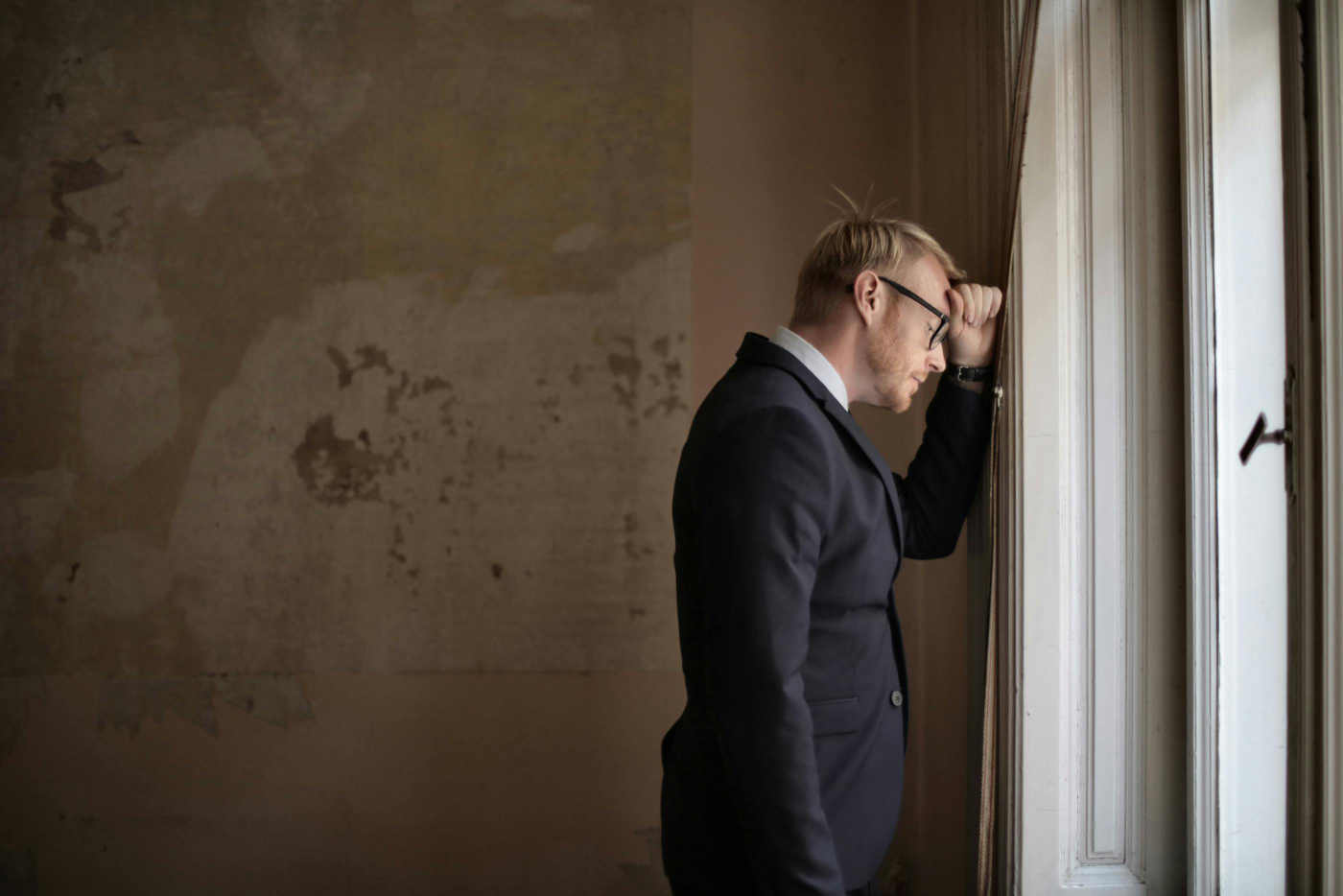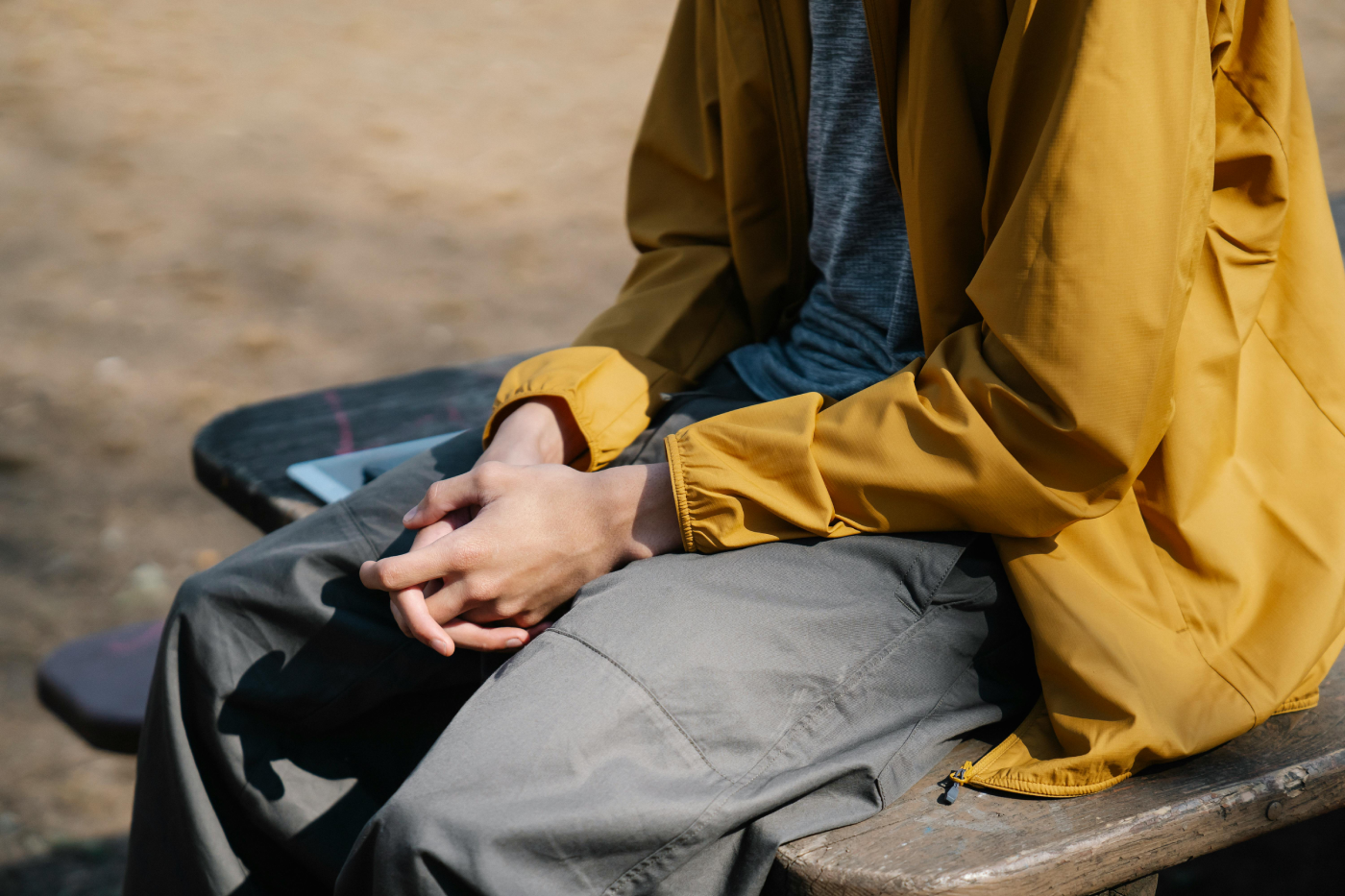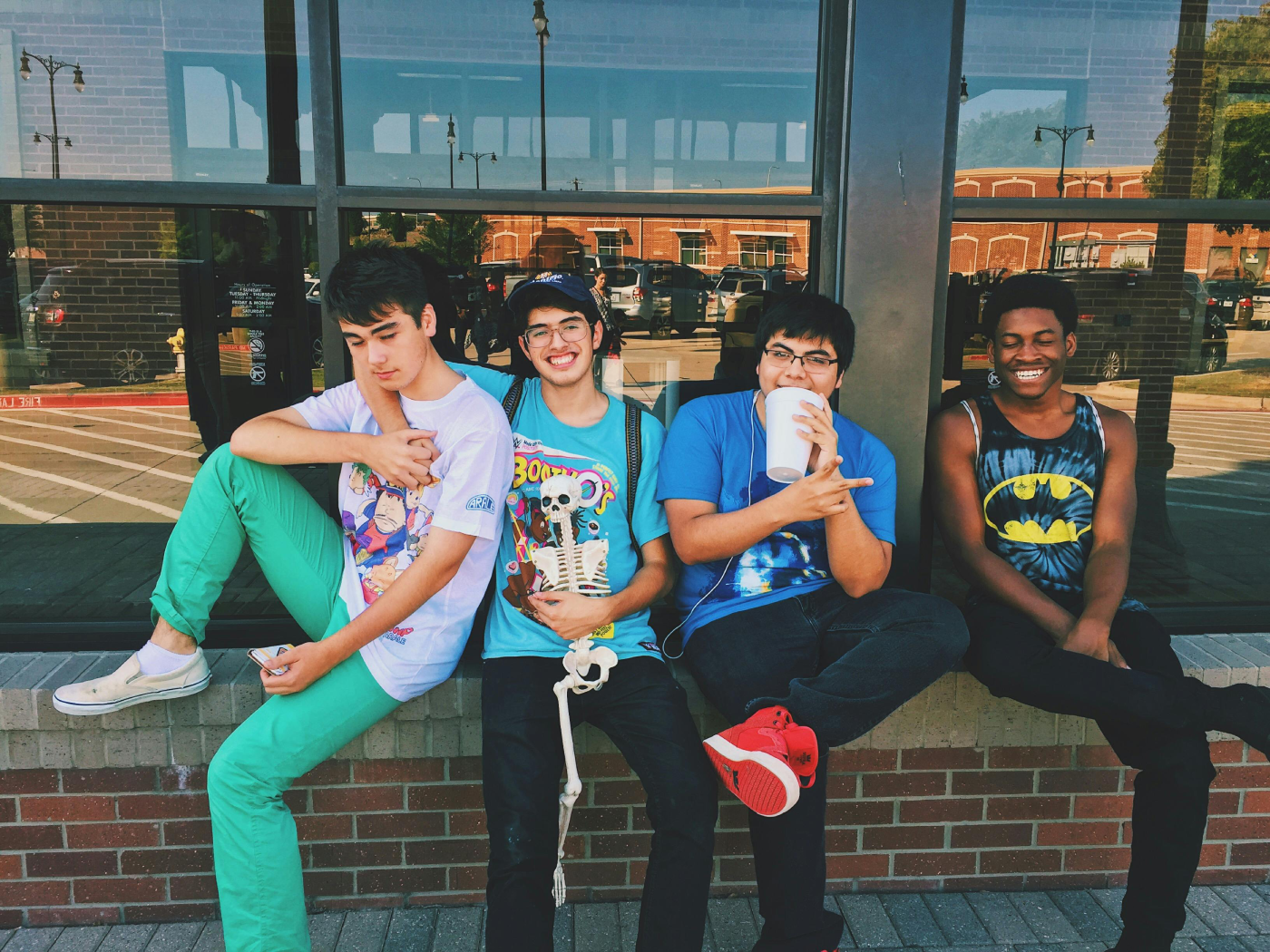We assume that college students party. The Princeton Review even has an annual list that ranks the top party schools based on things like drug and alcohol usage. Students who go to party schools no doubt feel some pride in those rankings. But expecting students to cut loose can have some unintended consequences.
Drinking problems abound on college campuses. It’s easy to ignore college drinking if all your friends are getting as wasted as you on weekends. Party school rankings do contribute to college binge drinking culture. But the problem is more complex than that. Keep reading to find out more.
What is Binge Drinking?

First, it’s helpful to define what binge drinking is and isn’t.
The National Institute on Alcohol Abuse and Alcoholism defines it as a “pattern of drinking” that leads to a blood alcohol concentration level of at least 0.08. That BAC makes you legally drunk in every state. If you get pulled over, you can get arrested.
How many drinks does that equal? For men, it’s usually 5 or more drinks. For women, it’s typically 4 or more drinks. Of course, things will vary among body sizes and types as well. Some 100-pound people can drink a full six-pack and insist they’re fine. There are also 200-pound people who feel tipsy after a single drink.
Binge drinking is more common among people between the ages of 18 and 34. College students are firmly in that demographic.
Drinking Problems in College
Do all people who binge drink have an alcohol use disorder? They don’t.
Alcohol use disorder is a modern way of referring to what is commonly called alcoholism. The Centers for Disease Control and Prevention reports that 90 percent of people who binge drink don’t meet the criteria for alcohol use disorder.
An alcoholic must drink in a way that interferes with their daily life. An alcoholic also finds it very difficult, if not impossible, to cut back on their drinking. They experience withdraw symptoms when they do.
That’s not to say binge drinking isn’t a serious issue. Having drinking problems doesn’t necessarily mean you’re a full-blown alcoholic. In some ways, the culture of college can contribute to the idea that binge drinking is not a big deal. People out of college often have jobs and a regular schedule. That structure often prevents them from getting too drunk too often.
But a college student’s schedule is more relaxed. Some have jobs, but they’re usually part-time rather than full-time. A college student can drink themselves silly on a Thursday night and feel sick in the morning, sure. But even if they do, they don’t have to go to class until 10 or 11 a.m. Some of them will also skip class on Fridays anyway.
It’s common for students to think that everything is fine as long as they get their work done. If their grades aren’t suffering, then they’ll carry on like normal until something goes wrong. College alcoholism will still develop in some of these students. A college freshman who starts binge drinking might be an alcoholic by their sophomore year.
Yet students will binge drink until they graduate college. At that point, most people will adjust their intake now that they’re out in the “real world.” But some will not.
College Binge Drinking Risk Factors
It’s not only free time that contributes to drinking problems in college students. There’s also the lure of partaking in a substance that’s forbidden.
The legal drinking age is 21. Many states lowered the minimum drinking age to 18 in the 60s and 70s. That changed in 1984 thanks to the Minimum Drinking Age Act. The act tied state highway funding to an increase in the drinking age. Every state eventually complied, and a new norm was set. But the vast majority of college students don’t abide by that norm. They find ways to get around it.
For example, a college freshman who is 19 can ask their 21-year-old friend to go to the liquor store for them. It may not be legal, but upperclassmen will do it anyway because they believe the risk of getting caught is low.
A college student who goes to a party and says, “Sorry, I’m not old enough to drink” is going to get some weird looks. The culture encourages drinking regardless of if you’ve hit your 21st birthday. Students who drink before 21 are risking more than a possible charge of minor in possession. College students’ brains are still developing. That makes young people more impulsive.
Binge drinking before that development finishes puts you at a higher risk of developing alcohol dependency. Someone who starts drinking their dad’s whiskey at 15 is more likely to get addicted than someone who has little, if any, booze until they’re of legal age.
People in their late teens also don’t usually have the judgment of someone who is 25 or 30. If they see a friend who’s been binge drinking take the keys and drive home, they’ll assume that they can do it as well.
Behavioral Problems in College
Social aspects do play a role in how college students use alcohol. But 18-year-olds don’t always drink because all their friends are doing it. In some cases, they’re doing it because they feel like they have no friends. College is a transitory time for most students, especially if they leave home and live in a dorm. There’s an adjustment period. Some people cope with it better than others.
If you feel depressed or anxious about leaving home, you’ve got a few options. You can try to go to your college’s mental health center. Or you can go to a party at a nearby frat house and drink until you feel less anxious. Many students choose option two, at least at first. It’s not a healthy coping mechanism, but it’s understandable considering the circumstances.
The academic pressure is often intense at college. Star students in high school find out the competition is fiercer on a university campus. If they make a bad grade on a mid-term, they’ll drink to forget about it.
How to Solve Drinking Problems
Drinking problems can occur at any age. But a college student suffering from alcohol use disorder may feel like they’re invincible. That makes it harder for them to admit something’s wrong.
If a loved one in college is drinking too much, we can help. Contact us today to talk about our San Diego alcohol rehab and detox facilities.






